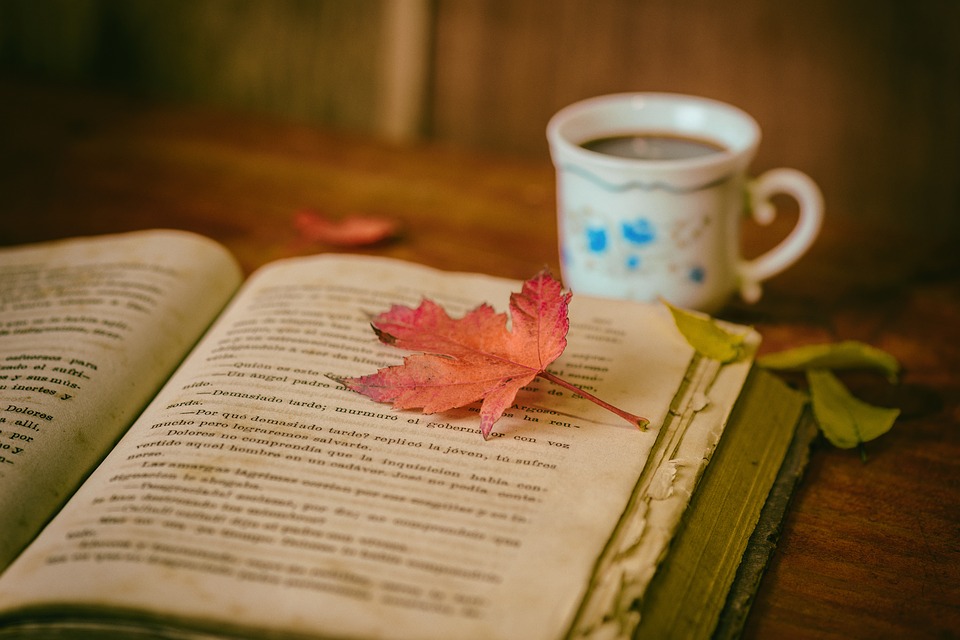Madame de Sevigne thought that Racine and the coffee will be gone. But she proved to be wrong. It is quite clear that the dramatist and the black drink became immortal.
Lovers of coffee
Whether the beverage or the place, many writers, just as simple mortals, are lovers of coffee. Some like it hot, others prefer it icy. Simple routine, source of energy or inspiration, to enjoy with or without moderation in solitary or in society, coffee is a pleasure that writers taste each in their own way…
First of all, coffee is a perfume, an aroma that some writers like to enhance. Alexandre Dumas exhibited his recipe for coffee frappé in his Grand Dictionnaire de Cuisine: a strong infusion of Mocha or Bourbon coffee, suitably sweetened with a third of creamy cream, in a bowl surrounded by crushed ice.

Colette, for her part, praised the merits of a delicious café-au-lait breakfast (she received it’s secret recipe from her concierge) to begin her day. Coffee is also a stimulating drink, and even if doctors warn us of its negative effects, some writers praise it.
Honoré de Balzac wrote that “Coffee sets blood in motion and makes the motivated spirits spring”. Douglas Kennedy replaced the cigarettes with a “passionate relationship with caffeine” and drinks 6 cups of coffee a day!
Coffee houses as sources of inspiration
Some men of literature are simply enthusiastic about places where coffee is served, whether to exchange philosophical, artistic and literary ideas, or to find inspiration. In the great era of Saint-Germain-des-Prés, bistros opened their doors to debates led by prestigious clients such as Boris Vian, Albert Camus, Jean-Paul Sartre, Raymond Queneau and Jacques Prévert.

More contemporary, Frédéric Beigbeder assures that he would die at the Flore. Moreover, this Parisian dandy, author of popular novels such as “99 francs” and also a publisher, literary critic and TV columnist, created the Flore award (Prix de Flore) in 1994 which rewards young, talented writers every year who are considered to be promising.
It’s a complete ritual
For Harlan Coben, working in a cafe is a ritual. The American writer -whose detective novels are a hit- goes every morning to the Starbucks in his neighborhood after taking his children to school and draws inspiration for his characters. Similarly, the Englishman J.K. Rowling, to whom we owe the world-famous adventures of Harry Potter, writes in the cafes of Edinburgh. The Austrian Stéphane Zweig, the author of “Confusion” was familiar with the best hotspots in Vienna and wrote: “Cafés are the most suitable places obtain new informations about what’s going on in the world.”

Reading and coffee are two pleasures often associated. Coffee and literature will thus continue to maintain close ties. This is evidenced by the appearance of cafés in major bookstores such as Virgin. Can you imagine a better pastime than sitting in a rocking chair with a book in your hand and a steaming, delicious coffee beside you while a little jazz music is permeating the atmosphere? You can drew a lot of inspiration from both coffee and literature, but the best idea may be the combination of the two.
